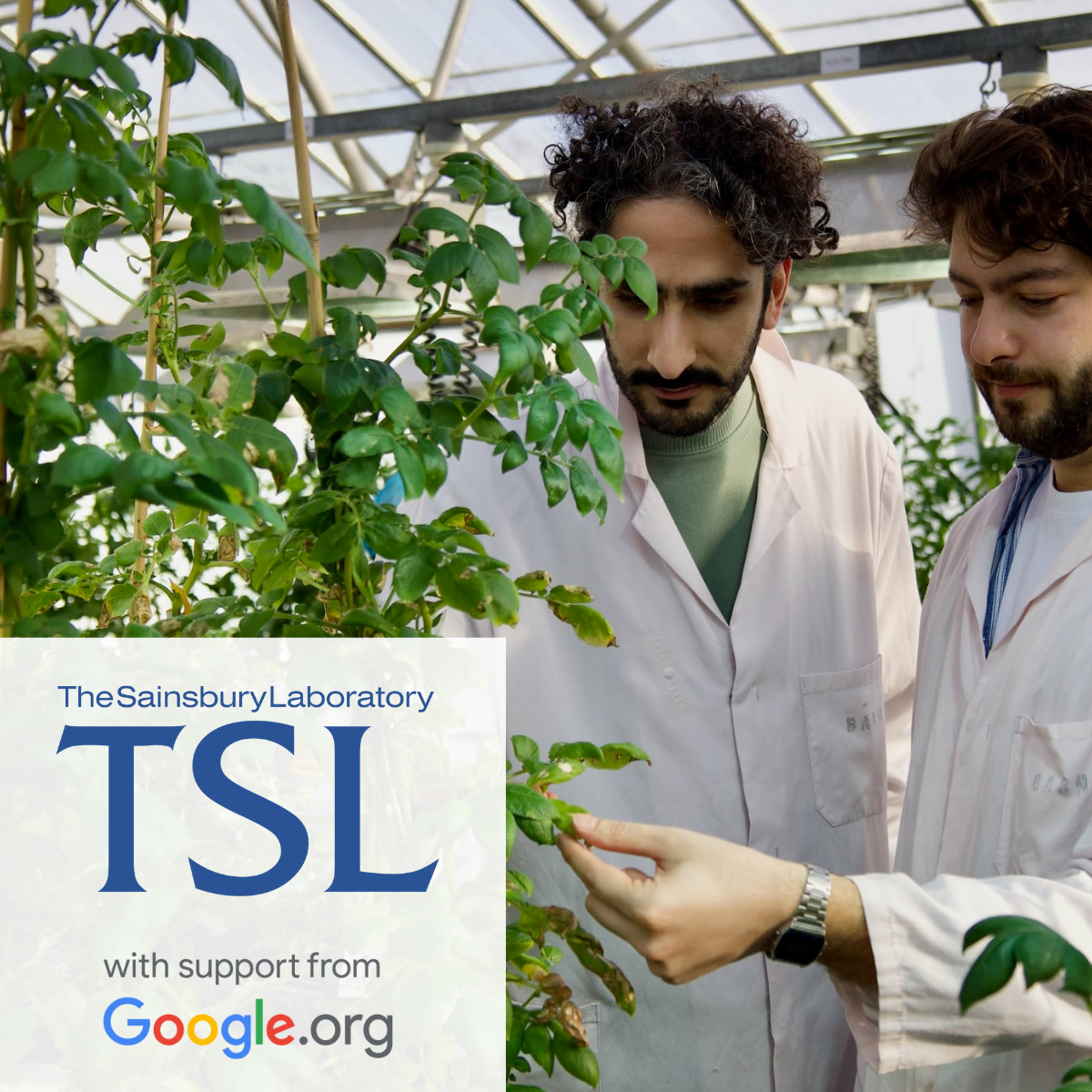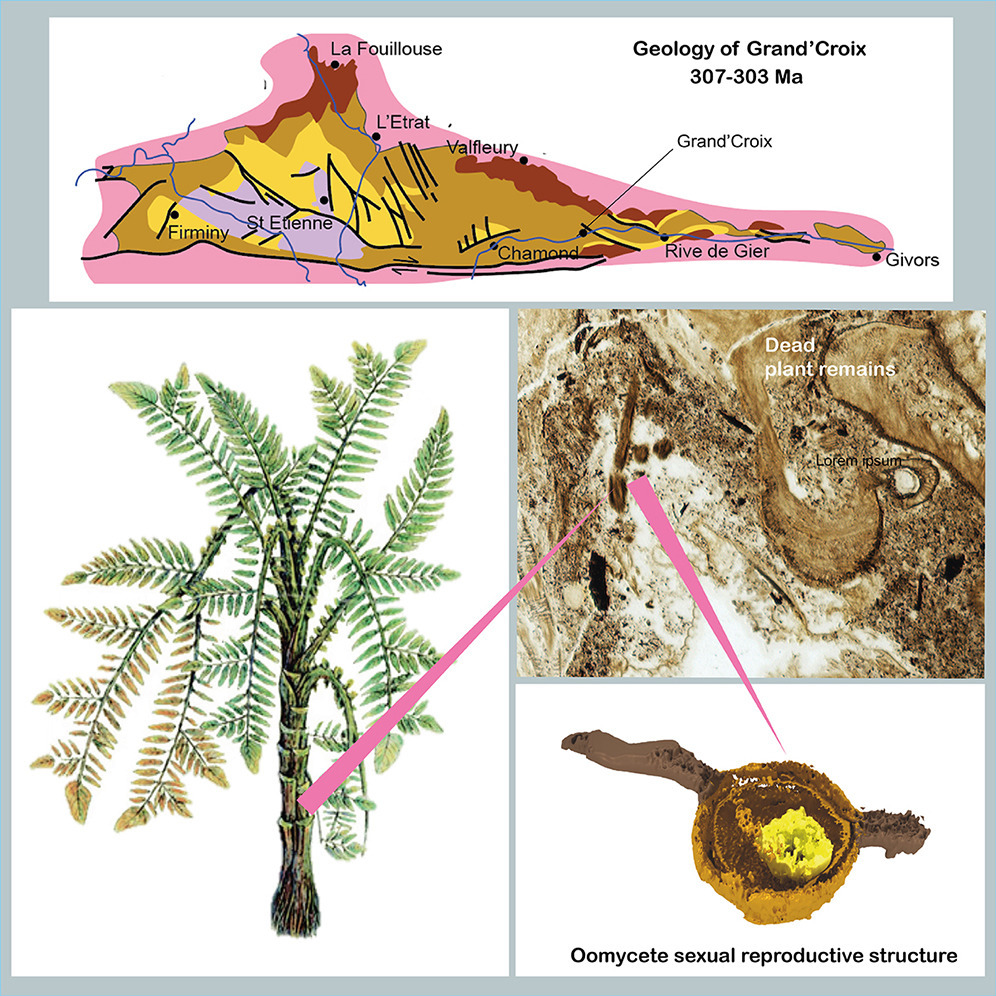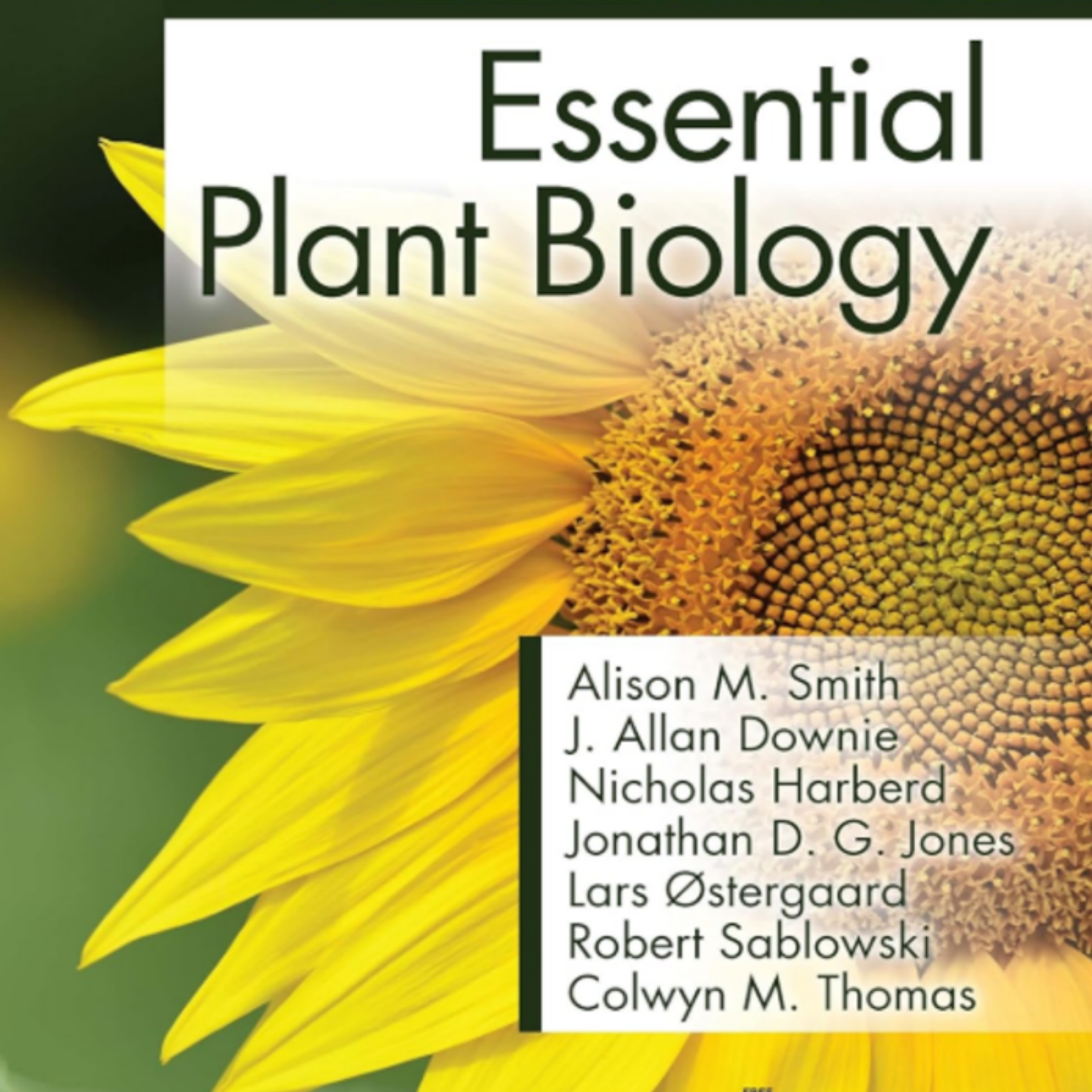What makes TSL special?
"TSL is special because we're all bonded by the thrill of discovery, but also our desire to make the world a better place. We want to understand plant diseases at a molecular level but we also want to come up with solutions, which will actually lead to the alleviation of suffering, and enable people to contend with really serious crop diseases all over the world."
Prof. Nick Talbot FRS, Executive Director and Group Leader
Our group leaders share why they think The Sainsbury Laboratory is the best place to make new discoveries in plant health research.
"TSL is a very nurturing environment, and over the years it has trained numerous scientists who are now major research leaders in this research area. TSL is in close proximity with the John Innes Centre, which is one of the hubs of plant and microbiology research, and it's also in Norwich Research Park, which has other more broad research areas."
"TSL has been promoting open science and promoting equity and diversity so we have scientists coming from all over the world. This is also very important for the new generation to develop that sense of global collaboration in science."
Prof. Wenbo Ma, Group Leader
"The other main feature of TSL, which is uncommon to most research institutions, is that we have technology teams to help support the research, which means that the latest technology will be available, whether it's bioinformatics, synthetic biology, proteomics or transformation technology."
Dr Frank Menke, Head of Proteomics
"We have a freedom to operate from our core budget from the wonderful Gatsby Foundation, which means that we can focus on the most important the most fundamental questions. We can think out of the box, we can get creative, and we can harness the resources to make a difference."
Prof. Jonathan Jones FRS, Group Leader
"TSL is a unique environment because we have the financial foundation that allows our institute to be stable, to prosper, but also to be focused on this area of plant health. So we have ~100 people here all interested in this topic of plant health."
Prof. Sophien Kamoun FRS, Group Leader
"TSL has contributed to our fundamental understanding of how pathogens get into plants, and how plants resist those pathogens to ensure resistance."
Dr Matthew Moscou, Group Leader
"We can now show if we deploy this in the field you get excellent resistance against bacterial pathogens. These plants don't get sick anymore, which means we don't have to spray copper anymore, which means we don't cause pollution in the environment."
"We have been working on very powerful technologies in genome editing and plant immunity, and finally the last development I'm very excited about is sequencing technology and how we can use this for rapid diagnosis of novel pathogens. It's very important to know what you're fighting, and new ones can come in at any moment's notice, and we need to be able to provide a rapid response."
Dr Peter van Esse, 2Blades Group Leader


